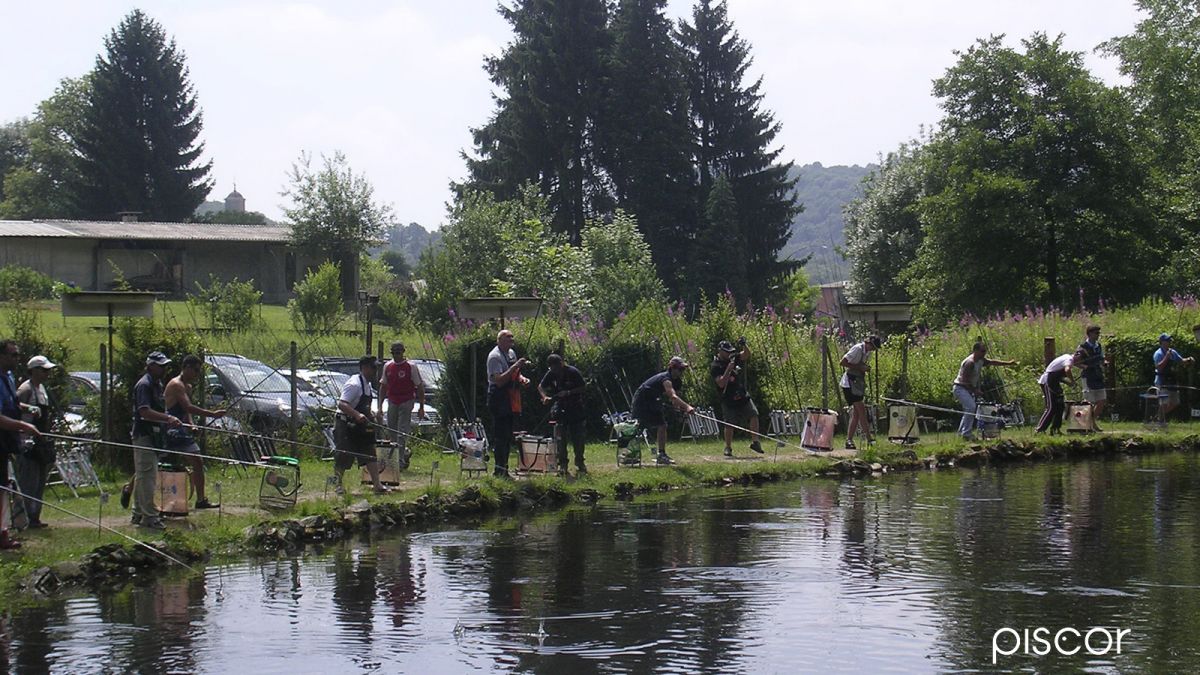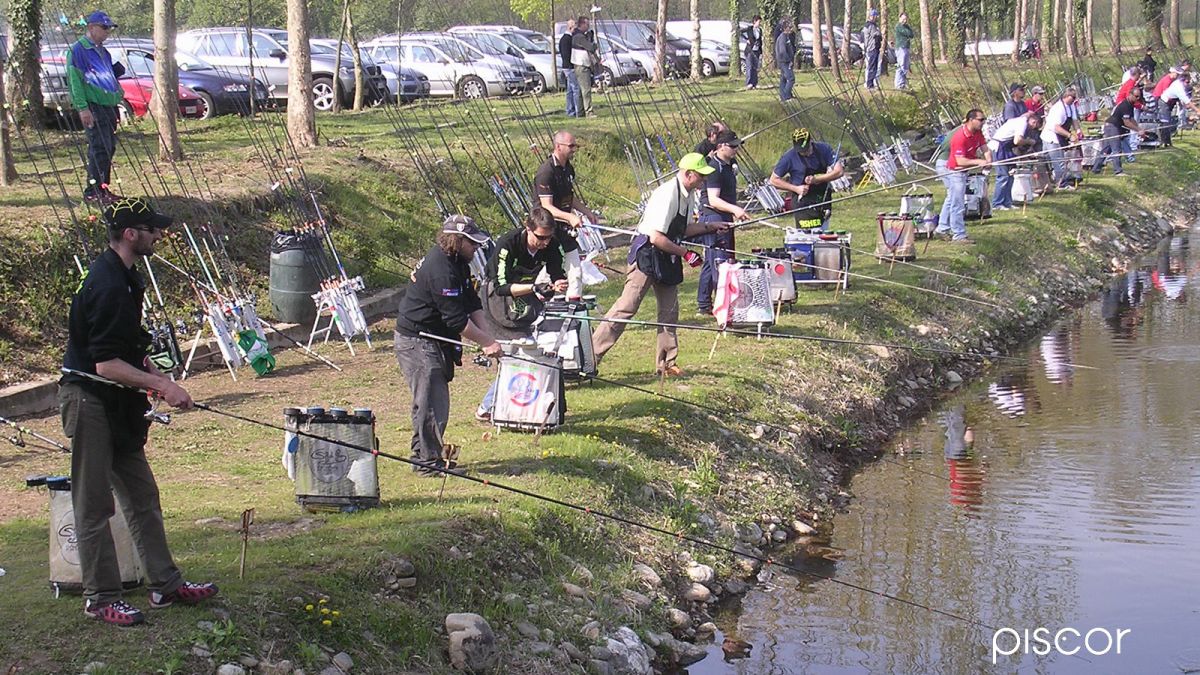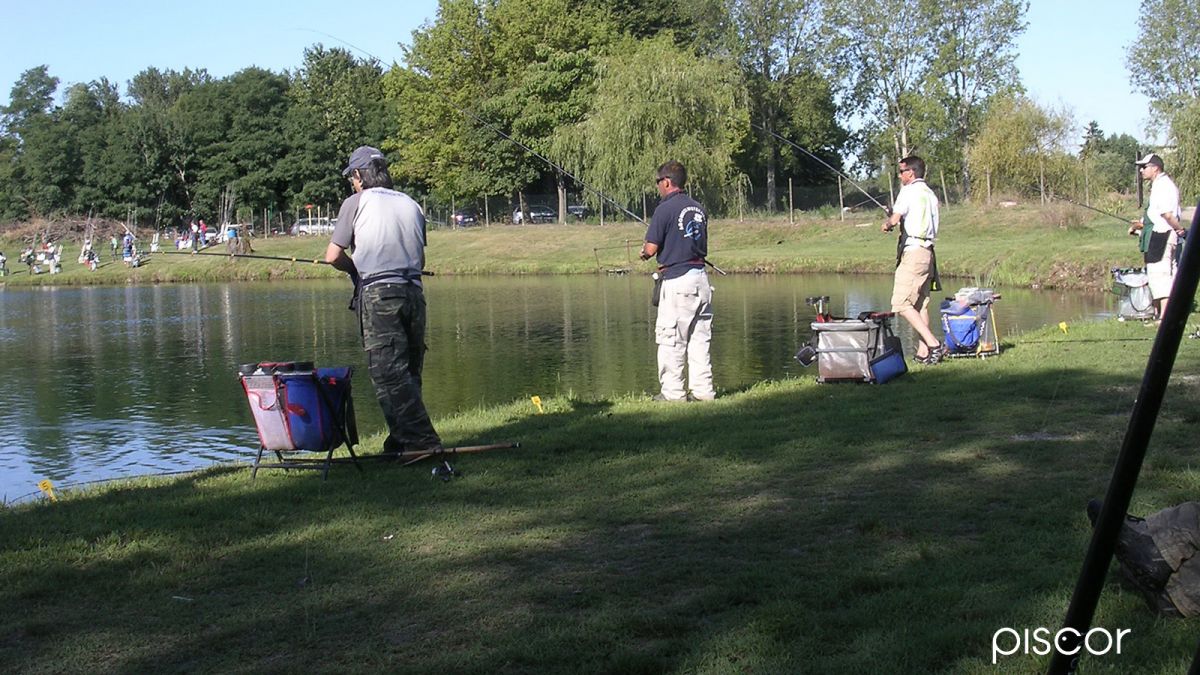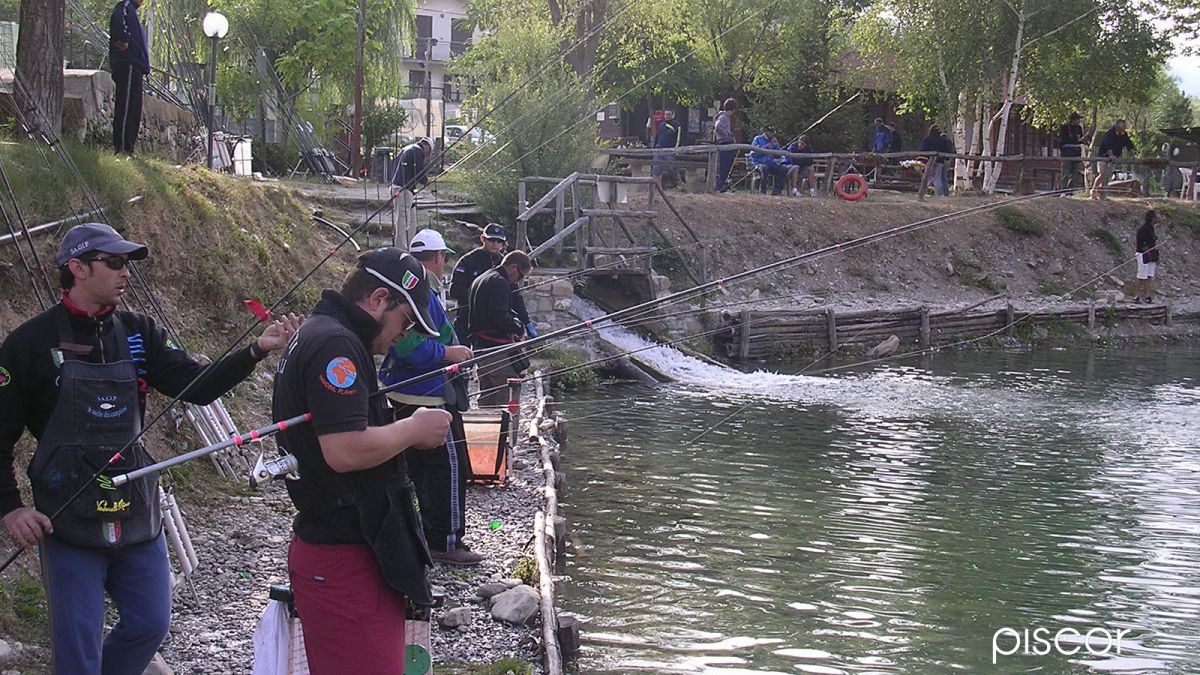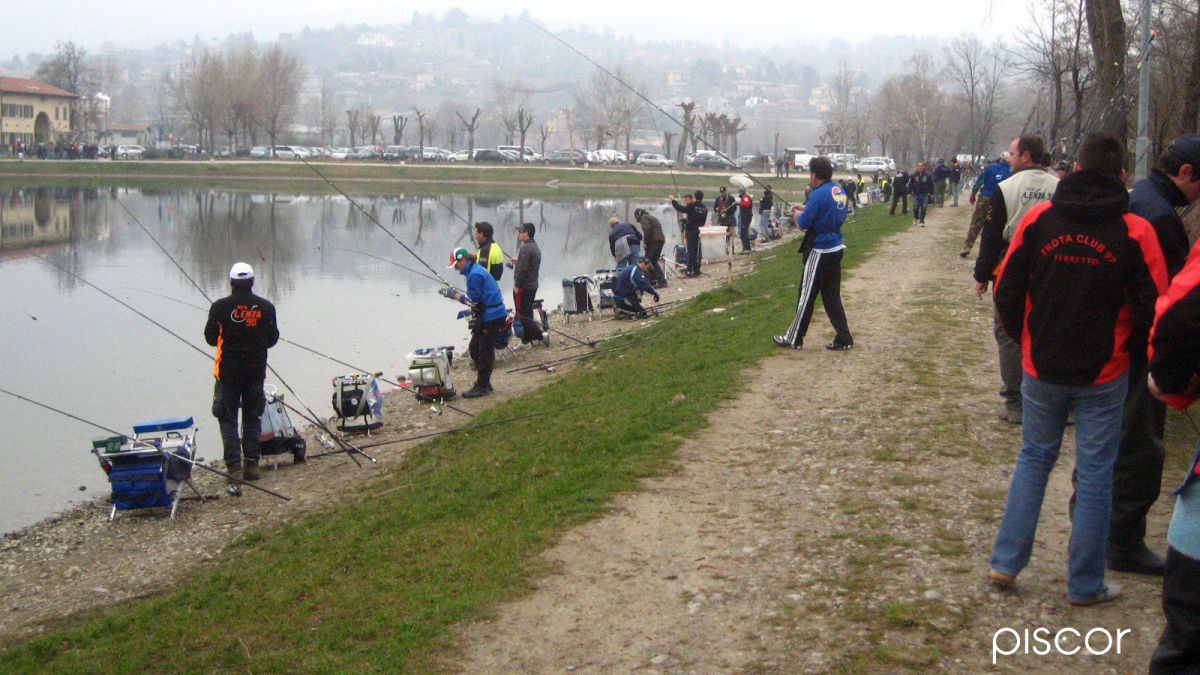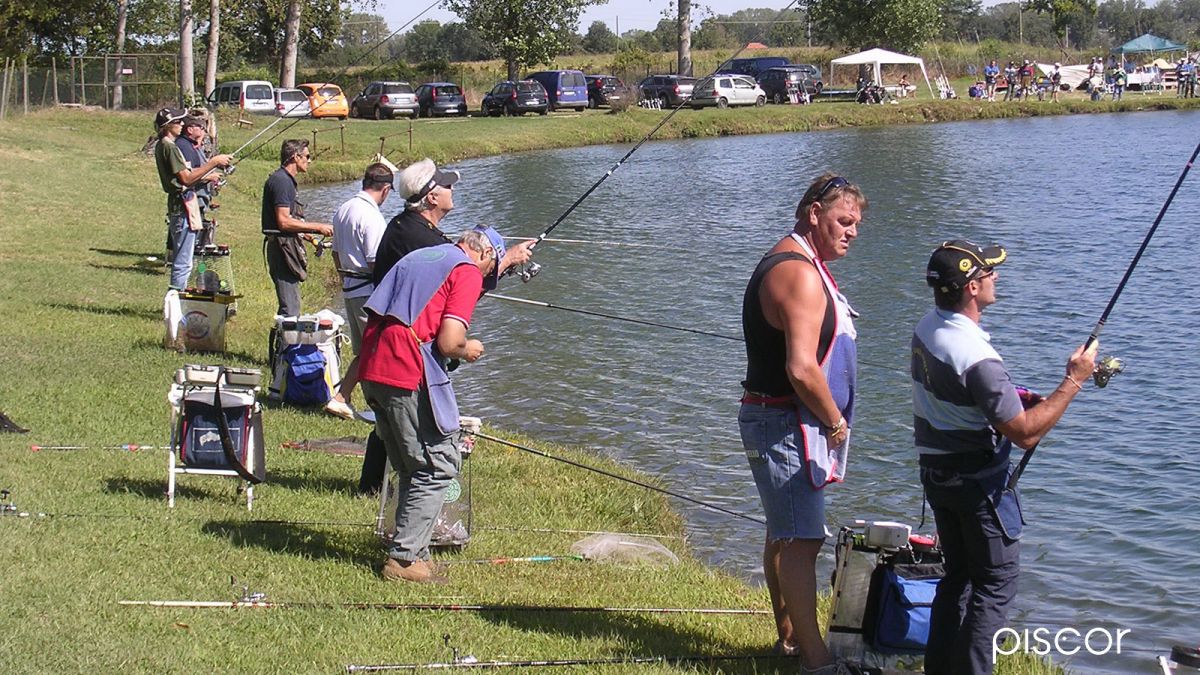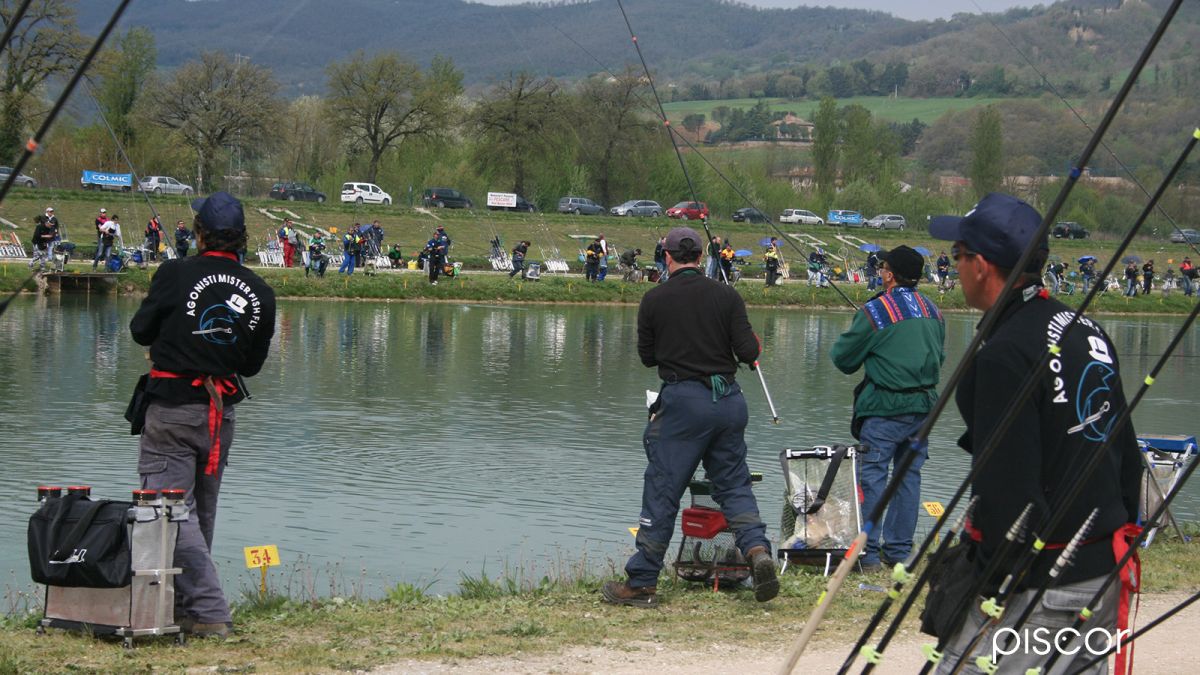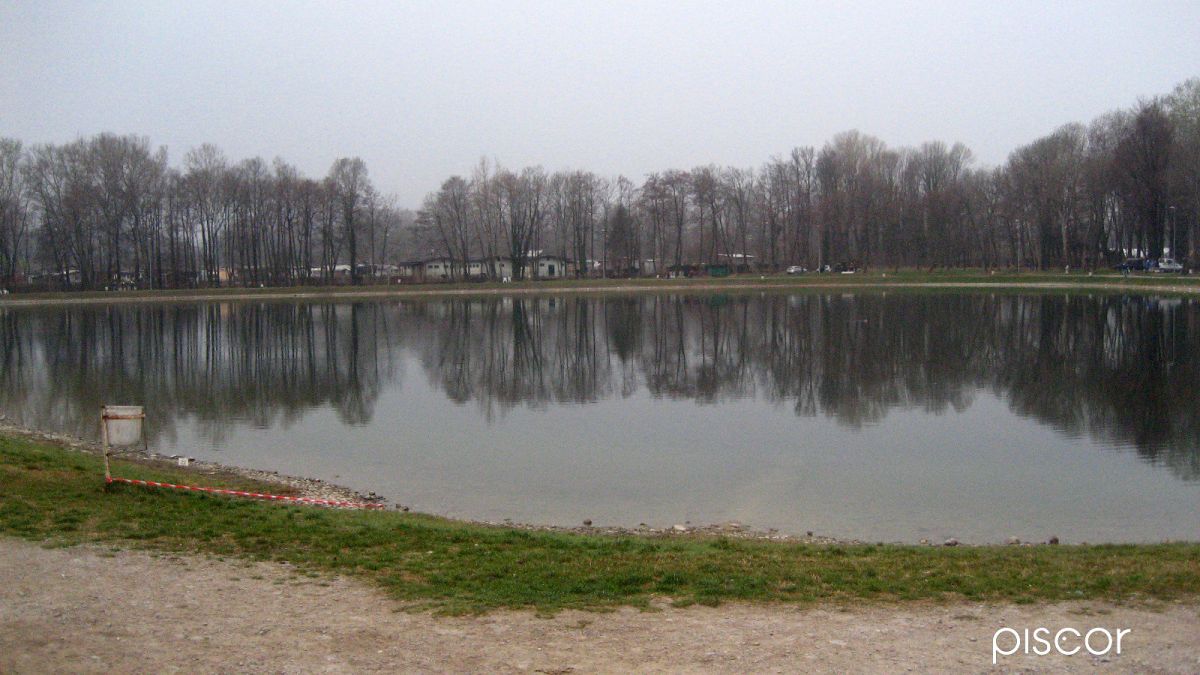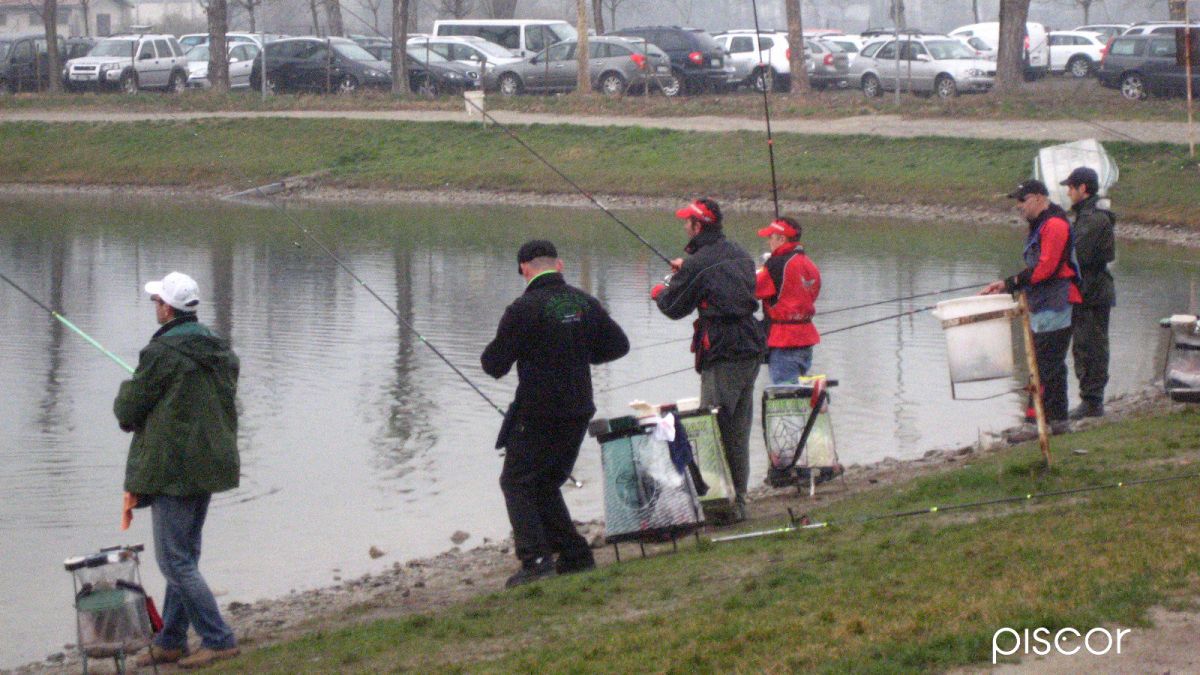When an angler wants to go further and try to participate in a fishing competition, he needs to change his state of mind, to stay focused and, most of all, he must plan his strategy before each competition.
The agonist is an angler who loves to compete and has got a fundamental characteristic: he loves sport. In fishing you don’t need a particular physical fitness but you must have a strong mental preparation to be ready to make the right choice at the right time and to plan a strategy.
The most relevant difference between fishing in a reservoir and in a competition is time. In a competition you have limited time available, and you have to do everything as quickly as possible. The purpose of a competition is to catch more trout than anyone else. In leisure fishing you don’t have to achieve a result, but just have fun and relax.
How to prepare for a competition?
If it is your first time in that specific reservoir the first thing to do is to get some information about the spot: water depth, dimensions, shape of the lake, water color, accessibility, etc.
Nowadays this information is easily available on the Internet. The second important aspect is the the fishes stocking: size, farm of origin, methods and time of release. This information is necessary to prepare an accurate competition strategy.
Even if the specie is the same, each rainbow trout farm has got different characteristics; for example some fishes are more or less aggressive, some of them love to stay at the bottom, some on the top layers.
The time for trout stocking is very important too. If it happens in the morning fishes usually will prefer to stay on the top layers of the lake and in small schools. If they are released the night before the competition fishes will aim to be better distributed in the lake. Fishes can be released from a truck from the bank of from a boat. In the first case trout will aim to swim close to the bank. I the other case they could prefer to stay in the middle of the lake.
Different Sizes…
Fishes in competitions are around 100 g or less because their price is calculated per kilo, so the smaller the fishes are the more fishes you will have, and the more catches you will get. You have also to consider the amount of fishes that are in the lake, because their quantity will influence the choice of your equipment.
Competition adjustments
After getting all the information, you will adjust the equipment in order to refine your strategy. Nothing has to be left to chance.
Fishing rounds
There two common elements in all the trout fishing competitions: the first one is that the number of fishes will decrease after each catch. The second factor concerns the fishing rounds: the rounds are shorter at the beginning and longer in the end. It is no coincidence: this is a way to balance the competition, at the beginning in fact the competitors will move a lot because there are many fishes.
This strategy will allow all the competitors to move to the different spots of the lake and fish in short rounds, in order to give everyone the chance to get the richest areas.
Start and Research
The competition is based on two moments: the start and the research.
The start is at the beginning when fishes are abundant and inclined to bite. In this phase you have to catch as many fishes as possible in a short time. The research phase is later when fishes are lazy, suspicious and not well disposed to bite. In this moment technical skills are extremely important. Let’s analyze in details what usually happens in the start phase. Your equipment has to be prepared to make the fishing action fast and so get a big number of catches.
In the start phase you have two enemies. The time and the the will to overdo. The first round usually is about 4/5 minutes. In this short time you have to give the best of you avoiding to waste your time or get distracted. The will to overdo may force you to speed up your fishing action without getting any benefits. The fastest anglers are not frenetic, they wait and don’t make useless or unnecessary movements. A good technical level is essential. You don’t need to be agitated or to overdo, but you just have to stay concentrated.
Competition fields
In a small reservoir the start is essential because in this phase fishes are abundant and easily detectable. In larger lakes, where fishes live far away from the bank, the start phase is less frenetic but as important as it is in small lakes. Try to attentively observe the surface in order to detect every bubble or movements in water in order to understand where fishes are.
The research includes all the other rounds, with sporadic and limited catches. Technique is the most important thing in those phases because trout are scared and diffident. At this moment of the competition you should prefer lighter ballasts and longer thinner lines. Another trick is to change color and dimension of your baits so as to attract the curious trout with something new.
Is the competition strategy always the same?
No it usually changes a lot according to the different kinds of competition. Let’s now analyze two different kinds of competitions: the league matches where each round has a different ranking and the normal matches with just a final ranking. In the first case every single fish can make the difference so you need to stay focused for the whole duration of the match and sometimes a single fish can move you up in the ranking.
The research phase is determinant and it is more important than the fast one because it doesn’t matter the quantity of fish you’ll catch but the sum of the placements you will get in the single rounds. In the second kind of match, the fastest or the luckiest anglers will get the best results. In the fast phase, in fact, you can get a big advantage which will be difficult to recover in the research phase.

